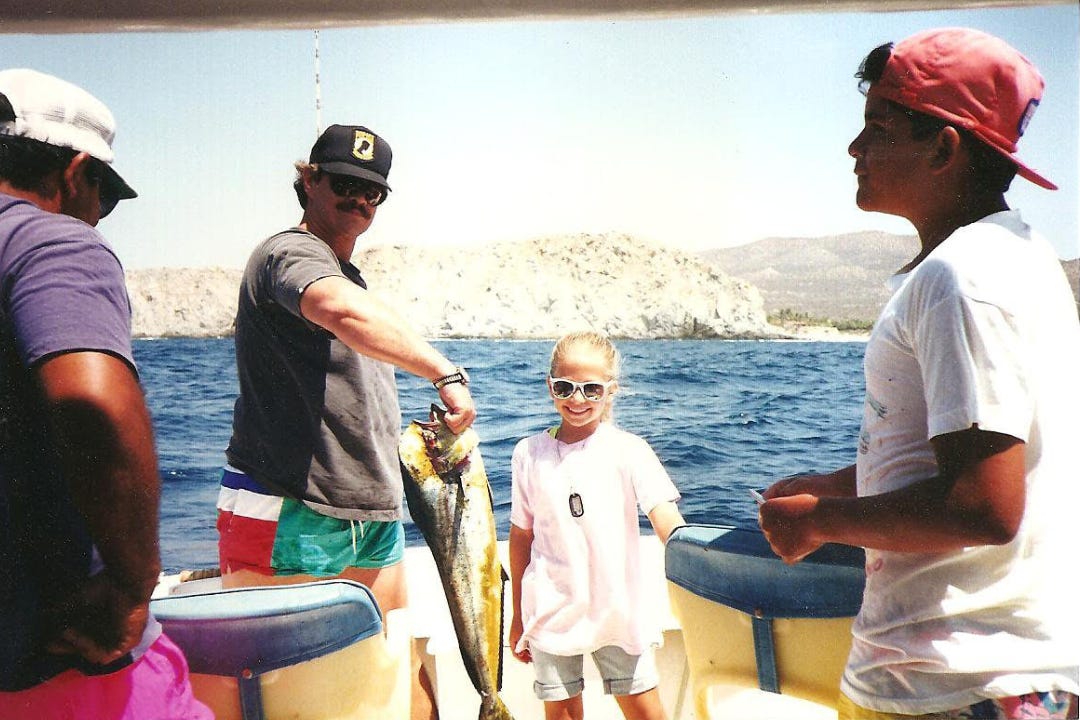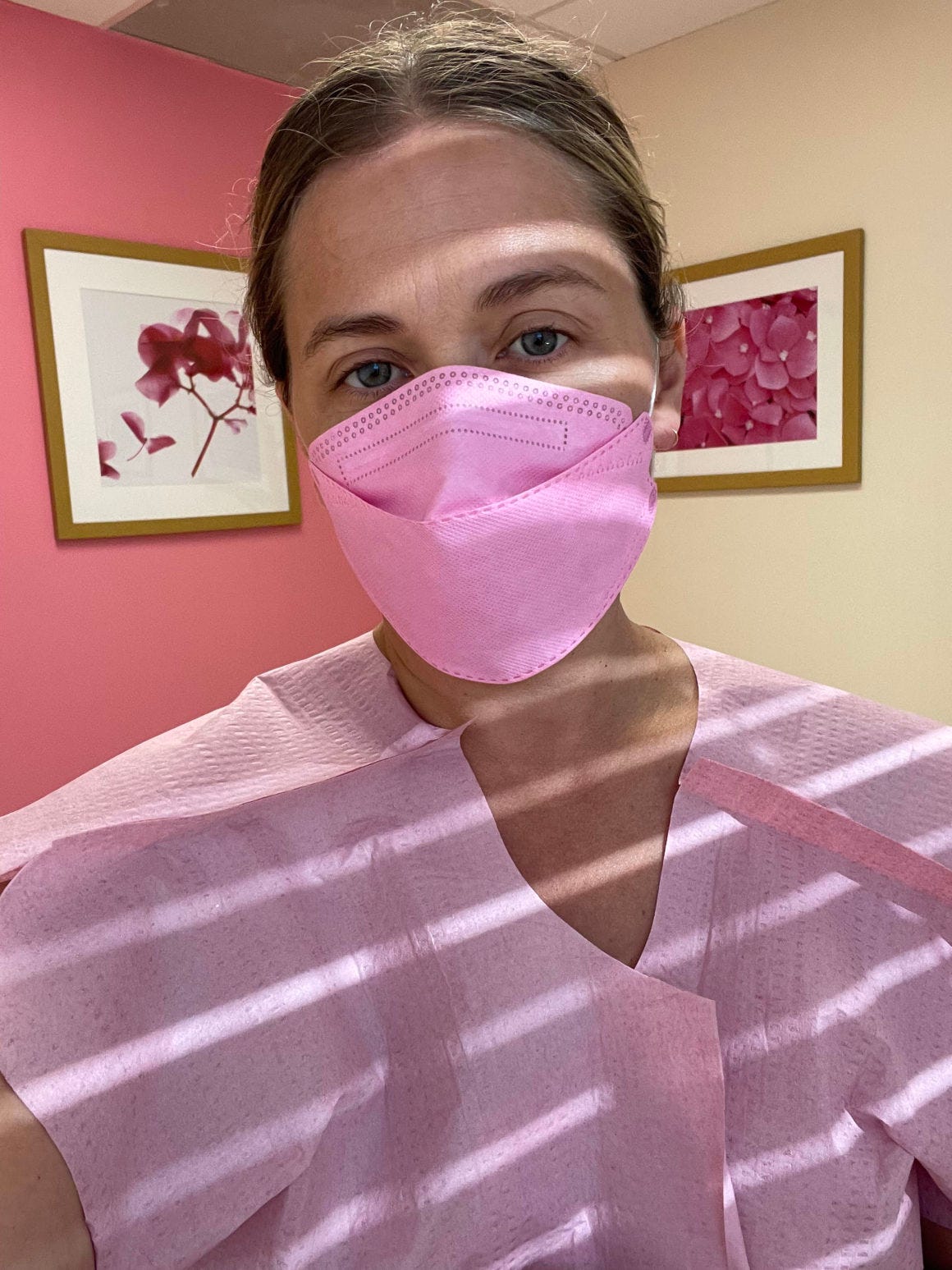The Importance Of Knowing Your Family Medical History
Around six months ago, I was scrolling through Instagram and saw a story on my friend's account about SonoBreast in Santa Monica, which specializes in breast ultrasounds. At the time, I'd never had a mammogram, as my OBGYN had advised me to wait until a year after breastfeeding Bruno to get my first one. On a whim, I called Sonobreast and asked if I could get an ultrasound done even though I had only stopped breastfeeding a few months prior, and they told me no problem. I scheduled the appointment a few weeks before my 40th birthday. The ultrasound was fast, and I left feeling happy I was being proactive in my health journey with no real worry about the results.
A week later, I received my results. My ultrasound revealed a cyst in my left breast that needed to be biopsied to ensure it was not cancerous. This was just the beginning of several things that came up in scans and biopsies that were of concern to my doctor and radiologist. After two biopsies, two MRIs, two mammograms, and another ultrasound, I am grateful that everything returned benign. And with the discovery of this cyst, I started on a journey to understand where I come from and how my family medical history could potentially play a role in my future health and longevity.
For most of my life, I didn't have a relationship with my father, who passed away two years ago from multiple cancers. And, I never really thought much about how the medical history on that side of the family would affect me. Whenever a doctor would ask me questions about my family, I would only speak to my mom's side, as that is all I had knowledge of and had experienced firsthand. When I met with the breast cancer surgeon about my cyst, most of her questions were regarding my family history. It became clear that I needed much more information about as many close relatives as possible to get a complete and thorough assessment of my risk. Many phone calls, emails, texts, Facebook messages, and genetic tests later, I now know things that will significantly change how I monitor my body moving forward.
I have learned that my father, paternal aunt, and cousin all had breast cancer, and none had a genetic mutation. It's very rare for men to have breast cancer, which puts me at a higher risk than I would otherwise have thought. This new insight changes the recommendation for the monitoring I should be doing each year. I felt terrified when I started learning more and going through all the tests, but now, I feel powerful. I feel a greater sense of calm and confidence, knowing that I am advocating for my health and body and making it a priority. Ultimately, the biggest lesson I learned is the importance of information and data regarding our health. The more we know, the better. I encourage you to find out as much as you can about your family's medical history, ask questions, make the doctor's appointment, do your self breast exams, and try not to let fear or procrastination stand in the way of knowing as much as you can about your own body and the things other people in your family have gone through. I've seen it make a huge difference for so many of the people around me, and I know it has in mine.
Here are a few of the resources I have relied on during this journey so far:
https://www.sonobreasts.com/
https://www.ambrygen.com/
https://www.23andme.com/
https://pinklotus.com/breastcenter/
https://www.micsc.com/
https://www.uclahealth.org/medical-services/cancer-services/breast-cancer/breast-health-services/high-risk-breast-clinic






